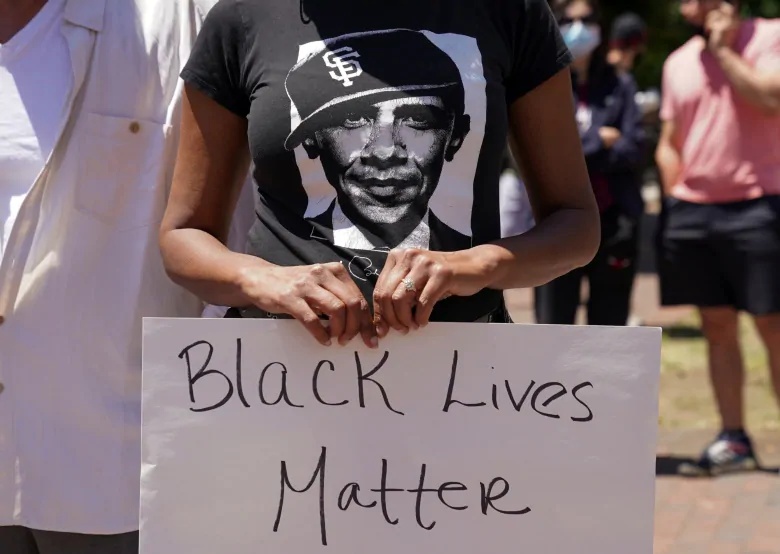Education and improved economic status help people of colour, but government policy is also essential for levelling the playing field, Don Pittis writes.

There is a question that Bessma Momani sometimes asks her university classes that tells us a little bit about the economics and a lot about Canadian perceptions of racism. The question has nothing to do with race.
“How many people here think we discriminate against left-handed people?” Momani asks the class at the University of Waterloo. Normally, she said, about 10 per cent or so raise their hands.
“Then I ask how many people are left-handed. And it’s the same people,” the political science professor said last week. “As a right-handed person, I would never in a million years think that somehow, my world, our world, is designed for my people.”
Scissors, door handles, cameras, knives and musical instruments are just a few of the things made for righties. It is cheaper to make them that way, and if you want the other kind, it will cost you more and be harder to find.
After a week of demonstrations by people across North America and around the world protesting against the killing of George Floyd in Minneapolis, Momani’s classroom lesson helps us understand why so many white people may think racism doesn’t exist while various minority groups are certain it does.
And it reminds us that solving the economic disadvantages for black people has a cost.

“There’s a wide belief that we have a meritocracy,” said Momani. Especially within the U.S. land-of-opportunity political culture, everyone is supposed to sink or swim based on their own ability and gumption.
But she said plenty of research shows poor people never do as well, and when poverty overlaps with race and race becomes a marker for the stigma of poverty, it is statistically way more difficult for the stigmatized to climb the slippery pole to success.
“You just pile on the systemic disadvantages,” said Momani. “There’s just no surprise that the African-American experience is going to be far poorer.”
And according to scholar Lorne Foster, author of Racial Profiling and Human Rights

